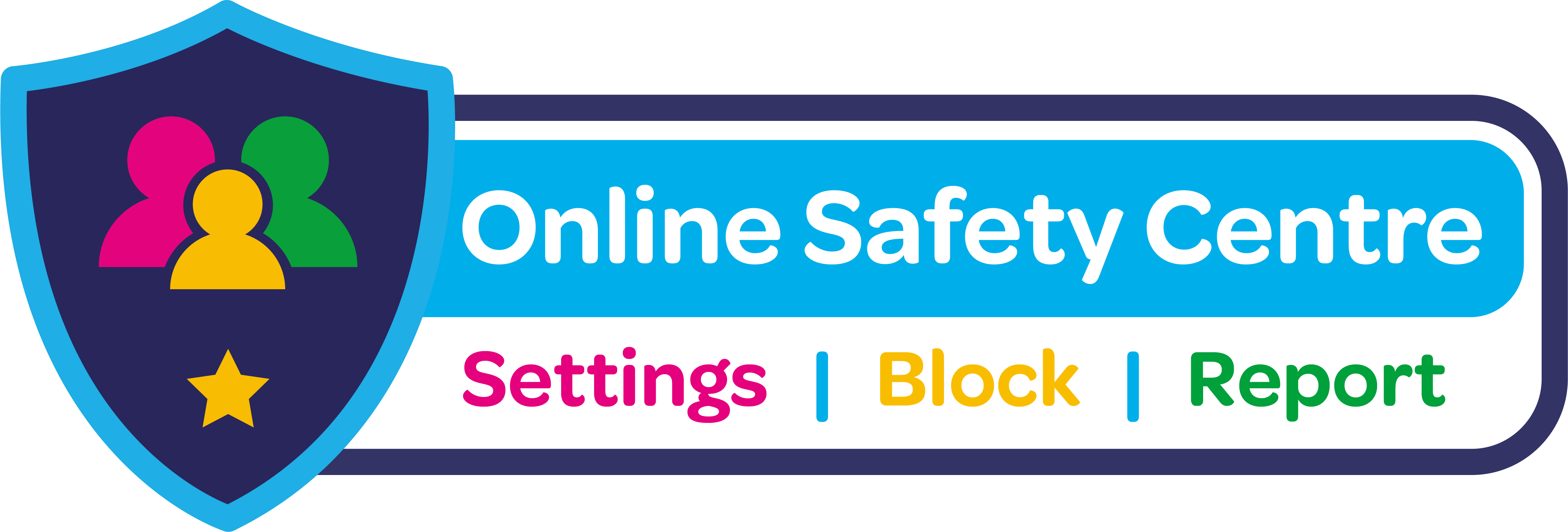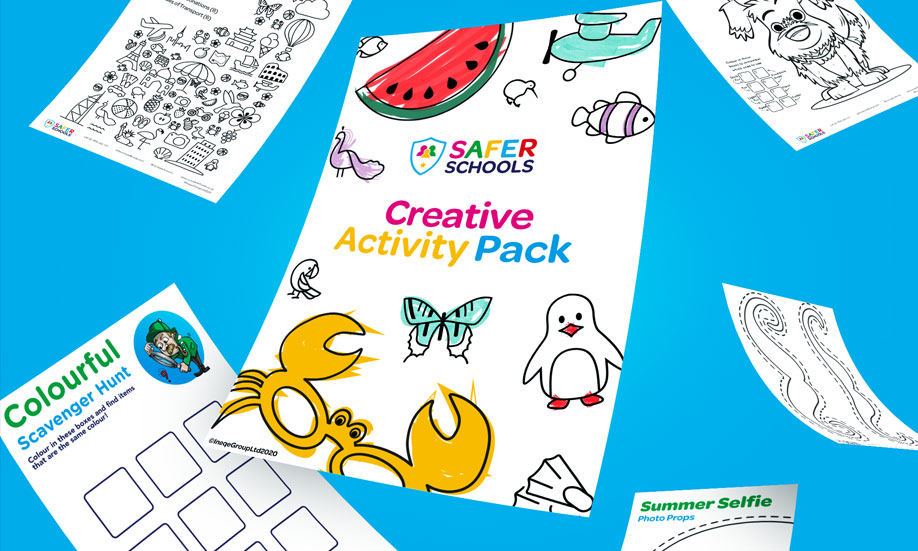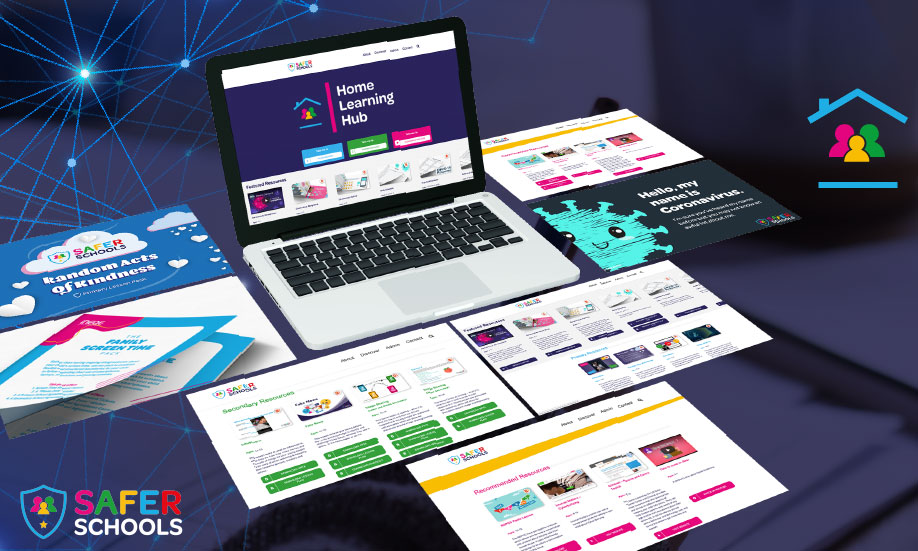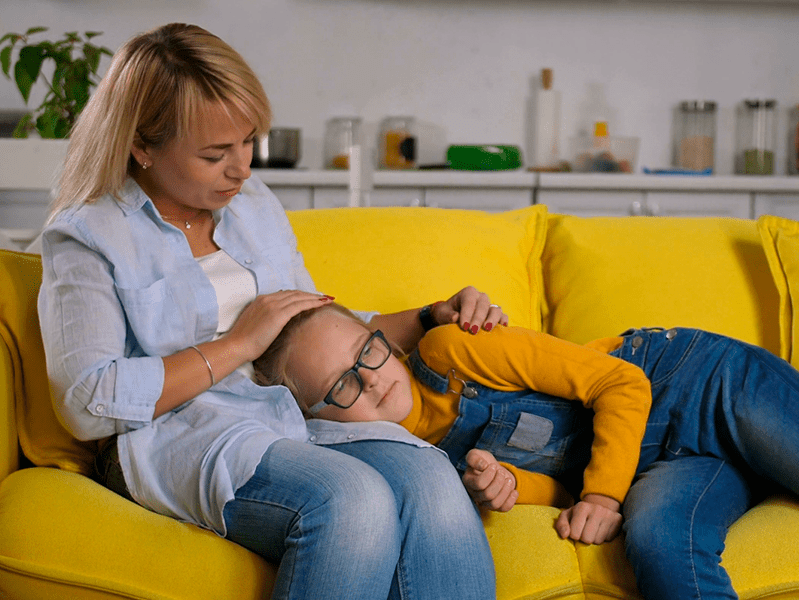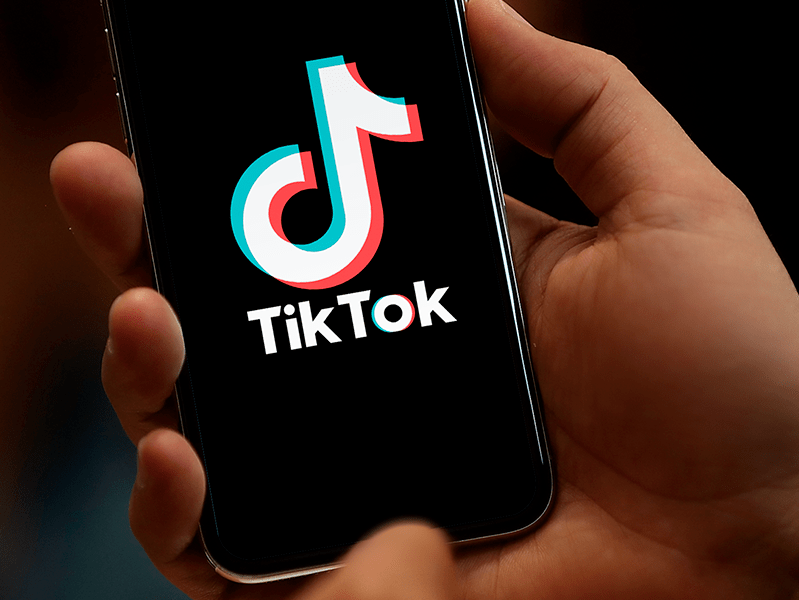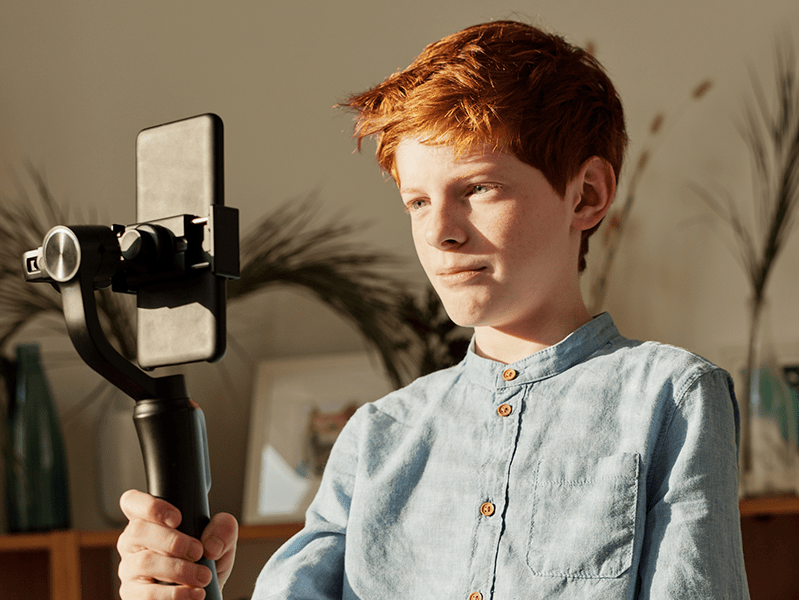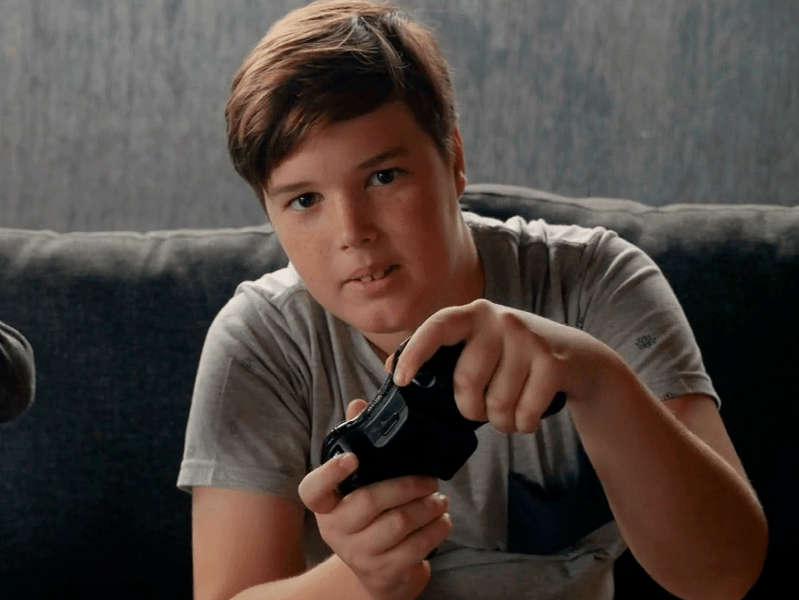Last Updated on 20th January 2023
What are algorithms?
We all hear the word ‘algorithms’ in the news so often, and it’s normally in relation to social media. But what exactly is an ‘algorithm’?
Have you ever wondered why, after looking through a clothes sale online, you suddenly see lots of advertisements for clothes on other websites? It’s because algorithms use people’s history of browsing and interaction with posts to generate ‘similar’ content, which the algorithm has learnt that you will like.

For example, if you look up a recipe for how to cook lasagne on YouTube, on the right hand side there will be a list of other recommended videos on cooking lasagne or other Italian cooking.
Instagram’s explore feature, generates content based on posts you have previously liked and interacted with, much like TikTok’s For You section. The more posts you interact with about a topic such as surfing, golden retrievers or football, the more your explore feed will have similar or related content.
Think of it like this:
You’re planning your weekly shop and considering what snacks to get for your family. You know their likes and dislikes, so you’re going to buy them more of the food they like (as well as some healthy snacks they might not!). Algorithms work in a similar way, they learn the type of content you look at and make similar suggestions.
How can they impact Children and Young People?
There is some concern that algorithms contribute to social media addiction. Algorithms will deliver children and young people an endless supply of content based on their interests. This may contribute to long periods of time spent on phones. A BBC Panorama investigation found that social media companies purposefully build algorithms like this, to build an ‘endless scroll’.
Algorithms can also become problematic when a young person interacts with posts that focus on a certain issue. For example liking survivor stories of self-harm or suicide might result in the young person being bombarded with similar content, which could impact their own mental health.
We know that we can’t believe all that we read on the internet all the time, but children and young people are more impressionable. A young person might interact with a post which is spreading conspiracy theories about Covid-19. Suddenly they get lots more posts about Covid-19, which may confuse them about what to believe.
What can you do?
Do you receive our Safeguarding Alerts?
Receive regular updates to help you safeguard children in a digital era.



